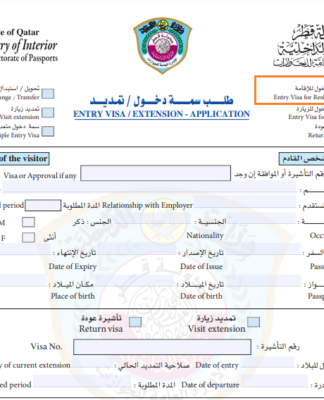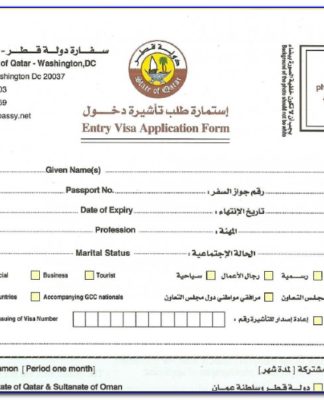Puma stock slides as German sports brand announces €100m share buyback
the logo of the German sporting goods producer Puma is pictured on a building at the headquarters in Herzogenaurach, southern Germany, April 20, 2010.
By James Thomas
Published on 29/02/2024 – 13:03•Updated 14:17
Share this article
Comments
The buyback programme will launch in March and last for a year, ending in May 2025.
Shares in Puma traded down 0.83% on Thursday afternoon after the German sportswear company announced plans to return up to 50% of its net income to shareholders through dividends and share buybacks, in a scheme that will see the firm buy back shares worth up to €100 million in total.
The company said on Thursday that it had decided to change its dividend policy to a payout ratio of 25-40% of the group’s net income, up from 25-35%, supplemented by the share buyback programme which will take the total payout to up to 50%.
“The first tranche provides for the buyback of own shares with a total purchase price of up to €100 million and starts in March 2024 for a period ending on 6 May 2025,” Puma said. “In accordance with the authorisation granted by the Annual General Meeting 2020, the repurchased shares will subsequently be cancelled.”
Von der Leyen urges use of Russian assets for Ukraine defence, critics warn of pitfalls
Swiss economy sees modest growth, buoyed by services
Airlines could face more fines for damaging or misplacing wheelchairs
The company said that its “strong balance sheet” at the end of 2023, coupled with its growth strategy, will result in solid free cash flow generation over the next few years. This will provide an organic foundation for increased payout to shareholders, it added.
Puma said earlier in the week that it expects a weak first half of the year in a challenging market for the sportswear sector.
As countries across Europe and beyond struggle with the cost of living crisis, companies are having to pull out all the stops to convince customers to buy the latest in sporting apparel, which are deemed non-essential purchases.
Puma’s rivals Adidas and Nike have also seen sluggish demand, but Puma in particular seems to have suffered as its shares lag behind those of its peers.






























